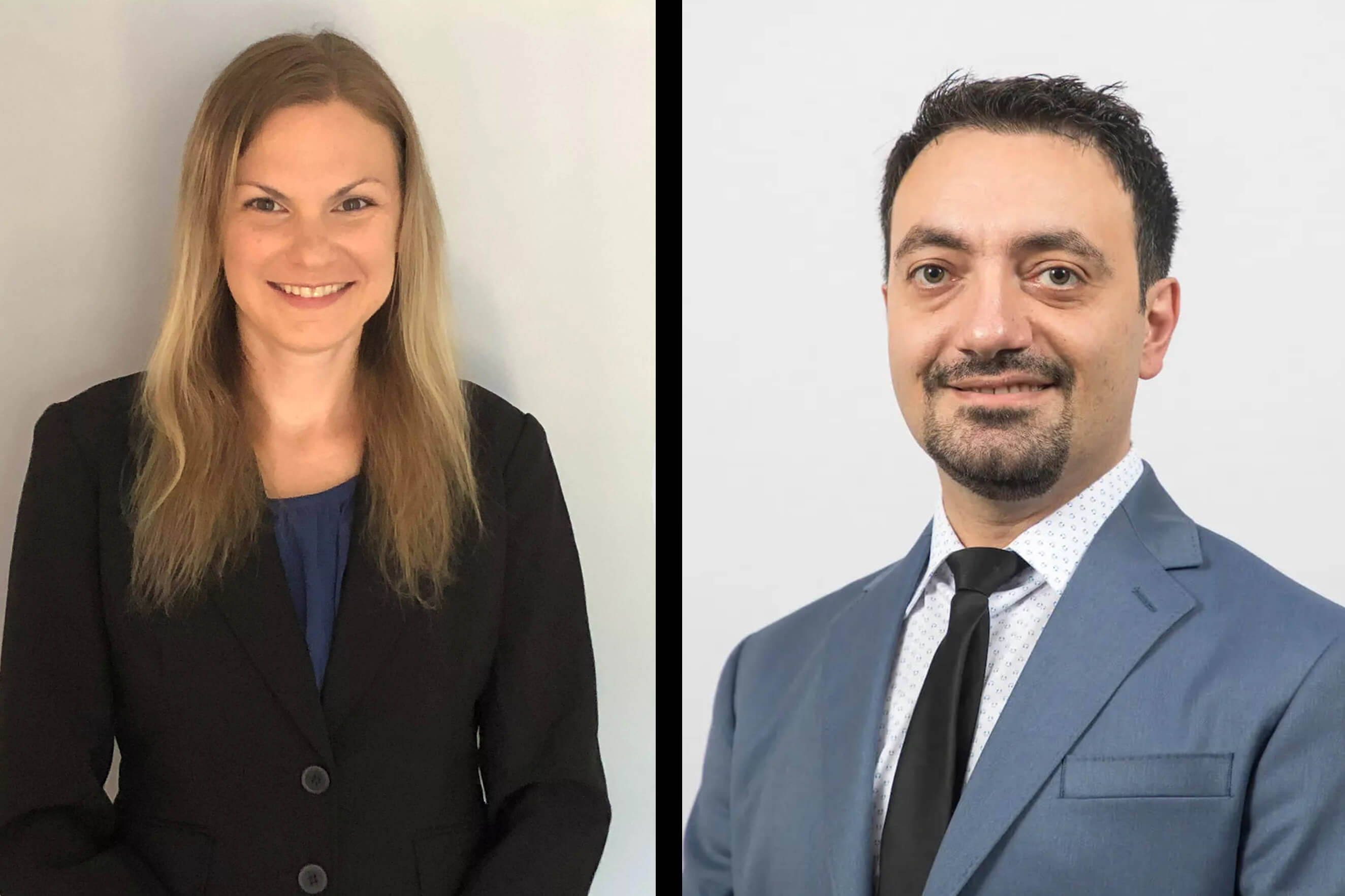Michelle Schpakow, Ed.D., science education lecturer in the department of Curriculum and Instruction, and Vecihi Serbay Zambak, Ph.D., assistant professor of mathematics education in the department of Curriculum and Instruction, are partnering with the Urban Coast Institute to host fourth and fifth-grade students from College Achieve Public Schools (CAPS) for an 8-week STEM clinic. This spring, CAPS students will learn about our urban coast location through innovative, problem-based “model-eliciting activities” (MEAs).
Through this program, Monmouth University elementary education students will get hands-on experience working with this type of curriculum, while CAPS students will learn about our local ecology through STEM methods, and local teachers will receive professional development so they can continue this work in their classrooms. The study also intends to create a partnership with Marquette University, where Marta Magiera, Ph.D., professor in the department of Mathematics and Statistical Sciences, will also engage her elementary education students with STEM MEAs in a mathematics content course in Milwaukee. Data collection from different teacher education programs and states will improve the reliability of future study findings.
Zambak notes that, while this project is grounded in helping our Monmouth elementary pre-service teachers become better-prepared teachers, making that happen requires a commitment to helping elementary students in our local area. “Providing elementary students with practical, research-based instruction helps our students learn to be better teachers and helps students in K-12 schools develop a strong foundation in STEM fields and develop STEM identities and STEM thinking,” states Zambak.
This is a vision these professors plan to present at both the Association of Mathematics Teacher Educators and the Association of Science Teacher Education conferences in 2024. Schpakow notes that this work has the potential to expand, helping students all around the region; “We are also planning to apply for external grants to support the vision for expanding this work. We are excited for the potential of this initial work to help teachers and students love STEM and benefit from this work.”

